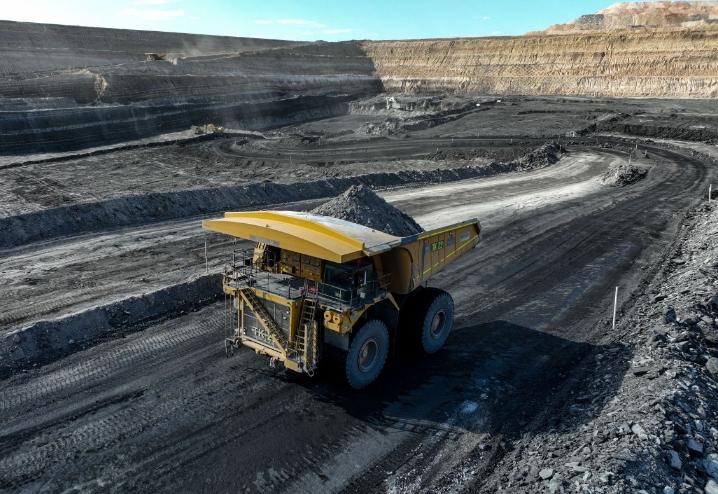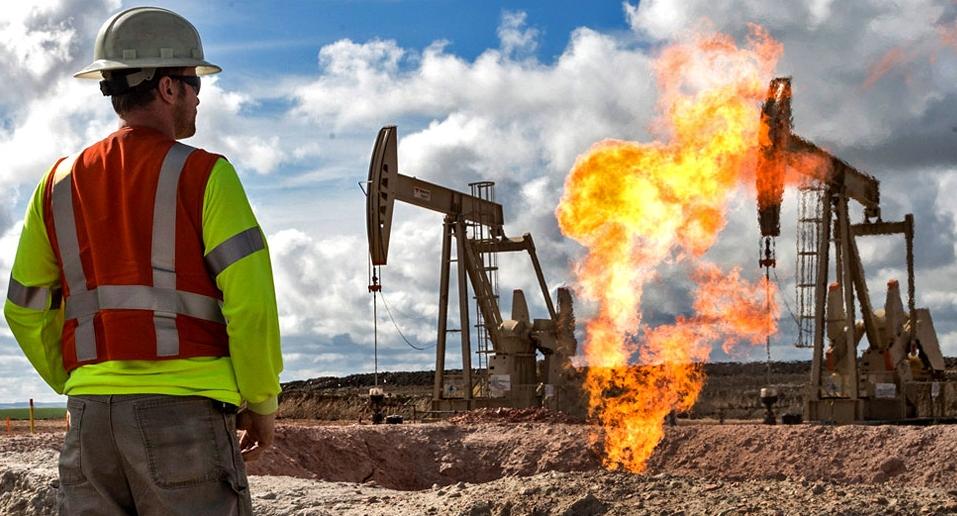In recent weeks, significant decisions have been made around the world in support of a low-carbon future. The European Union has confirmed the end of thermal cars by 2035, while a new coal mine project has been prohibited in Australia. In Colombia, the development of new oil and gas fields will also be banned.
1. The European Parliament approves the end of thermal cars in 2035

On Tuesday, February 14, the European Parliament gave its final approval to a draft regulation which will put an end to the sale of new vehicles with combustion engines in 2035. This means that new gasoline and diesel cars, as well as light commercial vehicles, will not be sold in the European Union after that date, and will be replaced by 100% electric vehicles instead of hybrids. This landmark regulation represents the first agreement within the European climate package (“Fit for 55”), which aims to reduce the EU’s greenhouse gas emissions by at least 55% by 2030 compared to 1990.
On the same day, the European Commission unveiled its heavy-duty vehicle plan as part of the Fit for 55 package. Under the new regulations, new city buses will have to be “zero-emission” by 2030, while for new trucks, emissions must be reduced by 90% by 2040. Trucks, city buses, and long-distance bus transport are responsible for more than 6% of total EU greenhouse gas emissions and over 25% of transport sector emissions.
2. Australia gives up coal mine in the name of the environment

For the first time, the Australian government has rejected a proposed coal mine project that would have endangered the UNESCO World Heritage-listed Great Barrier Reef. The project planned to excavate a coal mine just 10 km away from the world’s largest coral reef, which has already been affected by global warming in recent years. Jaclyn McCosker of the Australian Environmental Conservation Foundation stated:
“This is the first time an environment minister has rejected a mining project on the basis of federal legislation.”
Australia, a major exporter of coal, has committed to reducing its carbon emissions by 43% from 2005 levels by 2030, and aims to achieve net zero emissions by 2050. However, the government has refused to ban all new coal mining projects in response to demands from environmental activists, and instead will review proposals on a case-by-case basis.
3. Colombia stops all new oil and gas exploration

In mid-January, during the Davos forum, the Colombian Minister of Mines announced that the country, which is the third largest oil producer in Latin America, would no longer permit new hydrocarbon exploration on its land. This announcement reaffirmed a campaign promise made by President Gustavo Petro, who was elected in August of the previous year. Oil accounts for a third of the country’s exports, which the government plans to replace with green hydrogen production and tourism.
“This is, of course, very controversial at the national level, but it is a clear signal of our commitment to fighting climate change,” said the Minister, Irene Velez.



